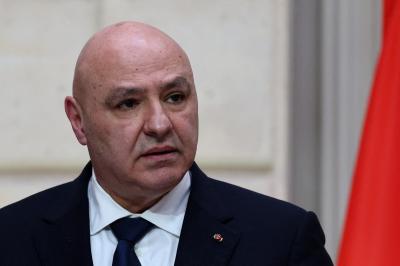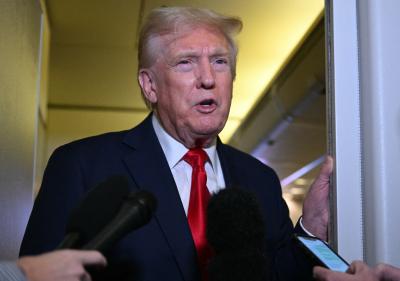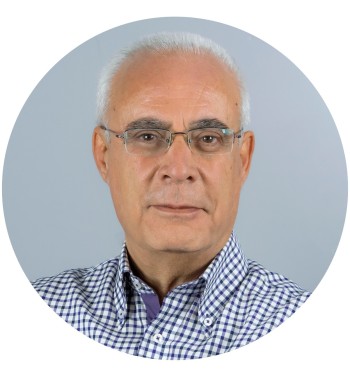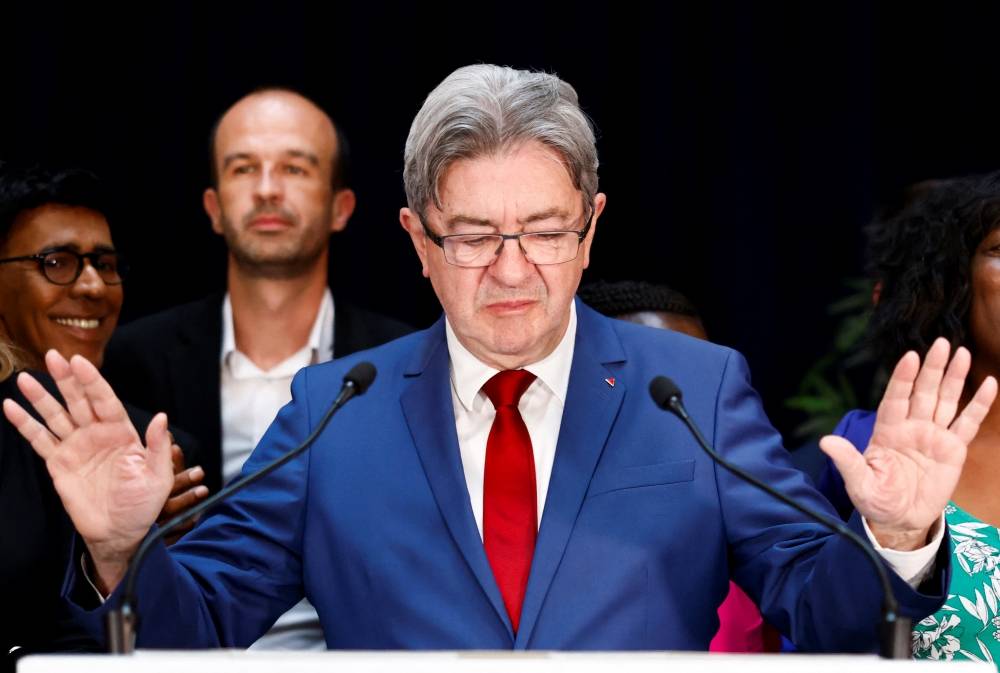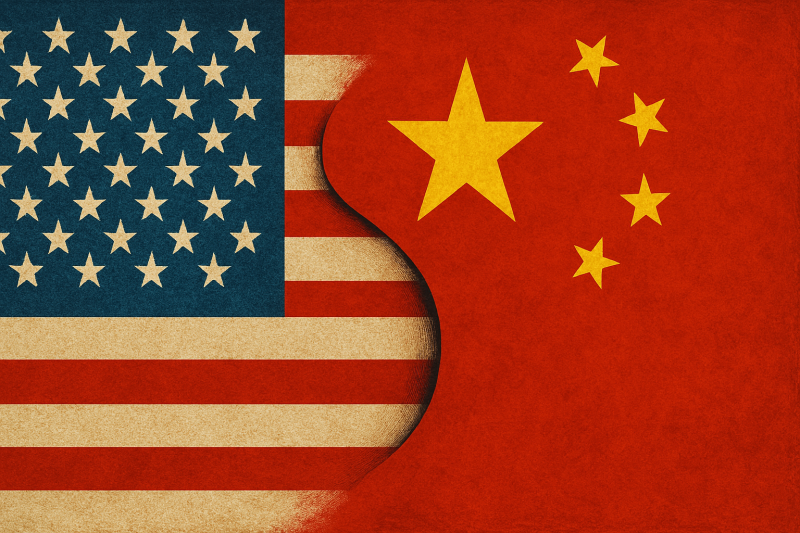The results of the French legislative elections, which did not yield a clear winner after the second round on Sunday, have plunged the country into uncertainty and opened the door to various speculations regarding the formation of the new government. The elections produced three main forces: the left-wing New Ecological and Social People's Union (NUPES) (182 seats out of the 577 in the National Assembly), the centrist presidential coalition (163 seats, down by 55 compared to the 2022 elections), and the far-right National Rally (143 seats), while the remaining seats were distributed among other parties. To achieve a majority and claim the presidency of the government, a party needed to secure 289 seats. These results have blurred the French political scene.
NUPES, which includes the far-left La France Insoumise of ex-Trotskyist Jean-Luc Mélenchon, has claimed the right to form the new government as the bloc with the most votes, celebrating that it prevented the far-right led by Marine Le Pen from taking first place. Emmanuel Macron, who breathed a sigh of relief seeing the centrists come in second and the far-right relegated to third, does not seem in a hurry to name someone to form the new government. He has asked his Prime Minister, Gabriel Attal, to lead an interim government until the fog clears after one of the strangest elections in the history of the Fifth Republic.
Macron will once again try to maneuver and play on the contradictions between the parties of NUPES, which includes, besides La France Insoumise, the socialists and the ecologists. Although Mélenchon is the most charismatic and prominent figure, it is unlikely that the socialists and ecologists will accept him as the NUPES candidate for Prime Minister, just as Mélenchon would not tolerate having a candidate imposed on him. Macron does not have much time to designate the new Prime Minister, with whom he will have to cohabit for the rest of his presidential term. He is well aware that the NUPES program, which includes increasing wages, lowering the retirement age to 60, taxing large companies, and recognizing the Palestinian state, is difficult to implement. This agenda is diametrically opposed to everything Macron has advocated since his first term in 2017, making "cohabitation" difficult if not impossible with a Prime Minister carrying such a program.
Macron's options are limited. If he wishes to bypass the left in forming the government, appointing a centrist figure is almost impossible or doomed to fail due to the lack of deputies to guarantee a solid parliamentary base, even if the Gaullist Republican party accepted to ally with him, which the Republicans refuse. So far, many politicians and analysts are still pondering why Macron, on the night of June 9, called for early elections after the results of the European elections, where the far-right came out on top and his Renaissance party came in third. Although he justified this decision to "clarify the political situation," it has only complicated things. The current political deadlock is of Macron's own making, causing this situation for France and himself.
Although the far-right retreated between the two rounds of the legislative and European elections, this retreat is attributed to what is called in France the "tactical vote," aimed at keeping the far-right away from power. This does not erase the fact that the far-right has made significant gains in the new National Assembly, increasing its number of seats from 89 to 143, which Le Pen considered a "deferred victory," aiming for the 2027 presidential elections. Jordan Bardella (28 years old), European Deputy of the National Rally, whom Le Pen had proposed for the position of Prime Minister in case of a victory of the RN in the legislative elections, acknowledged "campaign errors." But he insisted that a "wave is rising, although it is not yet high enough," referring to the new gains of the RN.
Until the presidential elections, the National Rally, which has "moderated" its discourse in recent years, will seek to strengthen its agenda focused on restricting immigration, imposing limitations on foreign residents in France, and denying nationality to their children, as well as promoting French national identity against dilution in the European Union. In a parliament divided into three blocs, Macron will struggle to form the new government, with the country only three weeks away from hosting the Olympic Games. France, the second-largest economy in the eurozone and the leading military power in the European Union, sees its political situation affecting the entire continent.
Only US President Joe Biden has expressed relief at the results in France, with polls predicting the far-right's victory proving wrong, giving him hope that polls predicting his drop in popularity against Donald Trump will also be proven wrong in the November 5 elections
 French
French


